Neoliberal Religion with Dr. Mathew Guest
If you have been raised in a religious context, you may assume that the way your church, your denomination, conceived of faith was and is the very definition of faith. Obviously, there is a lot that impacts what we believe and how we practice and express that belief.
Dr. Mathew Guest helpfully describes how a particular way of seeing the world (neo-liberalism that defines much of politics and economics in our world) has come to impact religion in general and Christian faith in the west in particular. As many people who grew up in the church look towards a more hopeful understanding of faith, the disentangling of worldview and religion can prove to be a key part of moving forward. Perhaps what you were told you had to believe to even be considered a Christian had more to do with power and culture than it had to do with faith.
Our conversation with Dr. Guest focused on his book Neoliberal Religion: Faith and Power in the Twenty-First Century. You can also read his recent article “The New Spirit of Capitalism: How neoliberalism has changed the way we do religion,” published November 2022.
This episode has a lot of terms, some coined by Dr. Guest, so we thought it would be helpful to add some definitions.
Episode Terminology:
Neoliberalism: Neo-Liberalism can be seen as a perspective on politics and economics that assumes some key things. Firstly, there is a heightened individualism, the sense that value and virtue are conceived as aligning with the individual and individual rights and identity. Secondly, there is marketization, the way of seeing that ascribes value to that which is successful or popular in the marketplace of ideas, views and goods. Finally, there is a commodification of society and life. People, agencies and ideas are seen to have value in how they can be evaluated as a commodity. Neo-Liberalism as a political concept has led to fulsome ideas of freedom, autonomy and identity. At its best, it can reveal coercion and groupthink. However, there are also neutral and negative ways in which neo-liberalism impacts everything from social life to work life to spirituality and religion.
Marketization: The idea that religion functions best as a market. So, the religions or churches that attract the most people, are the best. Churches and religions come to be seen as competing for a market. (Mathew thinks it’s more complicated than that) Marketization also impacts notions of spiritual and moral success for groups and for individuals.
Populism: This is a form of political identity that rests on an idea of “the people.” Populism eventually bypasses elections, and claims to voice what the real people want. Characterized by a kind of rhetoric, typically from one leader who claims a special connection to the people, even though they may be part of the elite. Populism often assumes there is a corrupt elite getting in the way of the people getting what they want. We can see how, in our current social and political culture, populism becomes aligned with and uses religion.
Post-Truth Thinking: The idea that the powers that be are hiding things. You get conspiracy theories, the X Files, etc. It has escalated recently through the activities of public figures who have disregarded what may previously been thought to be unassailable traditions or truths. This can include the thought that key to Christian practice is a rejection of the world. In some expressions of church, there has been a very present critique of “the world” in saying that the world is not interested in truth. It is curious how this tendency has often existed alongside a willingness for fantastical belief or the propagation of conspiracy theories.
Securitization: An assumption, at a policy level, that conceives of some religions as more suspicious than others. People and groups who can be characterized as “the other” are identified as forces from which we need security. This leads to a stigmatization of people who look different, or believe differently as dangerous. Thus, intense Christian faith, for example, can be seen as virtuous while intense Islamic faith is portrayed as threatening.
Cosmeticization: The ways in which particular kinds of Christianity foreground the drive for polished perfectionism as a way of measuring success. Things viewed as successful in these religious circles resemble advertising or celebrities. The celebration of the cosmetic overcomes traditional depth or thought or interior life.

